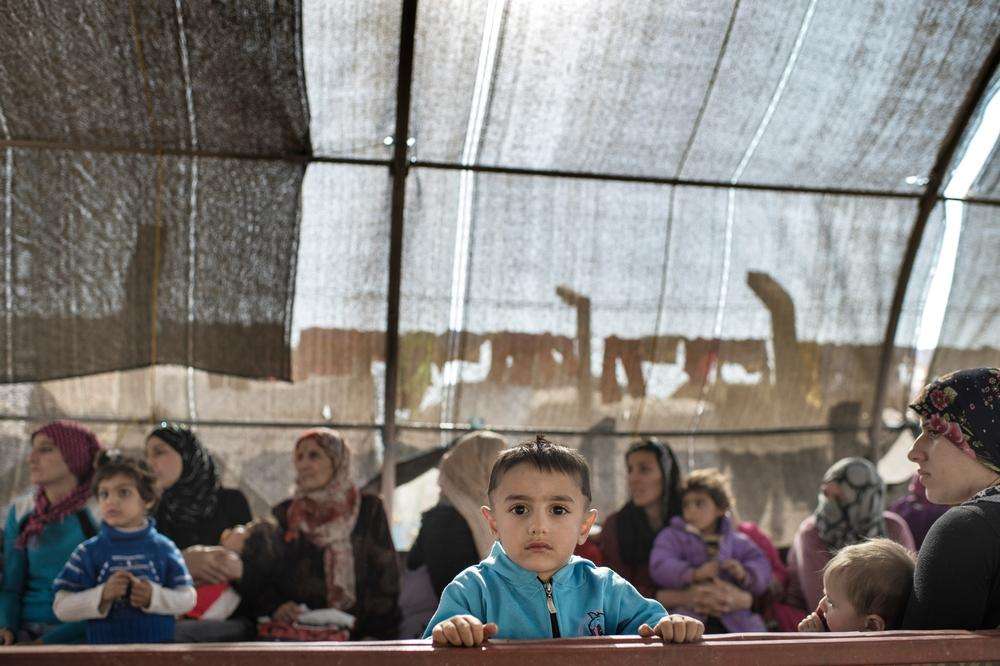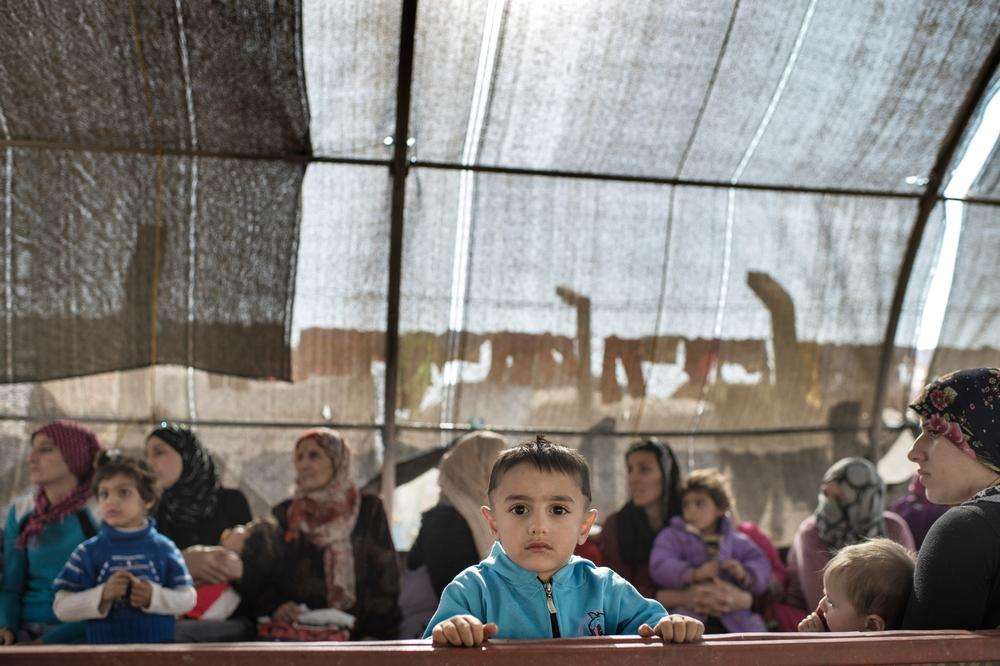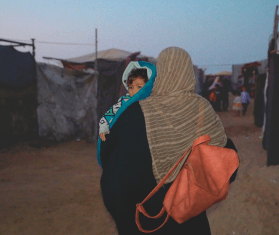Dear Friends,
My colleagues are often on the scene before the evening news has first reported an emergency, and they stay long after interest moves on. There are always challenges, but we steadfastly do what we can.
Over the past six months, even as the volume of high-profile emergencies has pushed us to our limits in terms of managing security, marshalling the experienced professionals needed, and staying focused on lesser-known catastrophes as well, our teams have been on the job and saving lives in Gaza, South Sudan, Central African Republic, the Democratic Republic of Congo, and elsewhere, including the West African countries now facing an unprecedented Ebola outbreak.
This issue of the Alert focuses primarily on a particularly challenging context: Syria, where a brutal conflict is now in its fourth year. I worked in Syria in 2013 and saw firsthand how what had been a middle income country with a well-developed medical infrastructure had been reduced to a shell of a state where the health system cannot function and millions have little access to care. Those with treatable chronic diseases cannot find medicine. Children are not getting vaccinated. Family after family—with innumerable trained health workers among them—have fled their homes to seek refuge with relatives or in neighboring countries where their presence places an enormous strain on available resources.
To this day, ordinary citizens, including women and children, are living in makeshift shelters without access to clean water and adequate food, making them vulnerable to easily preventable diseases. Syrian doctors and nurses risk their lives to care for the sick and injured in clandestine facilities.
MSF, for our part, has been forced to work at various times in a house, a cave, and a chicken farm, and we’ve faced a host of grave security issues in the process. Marauding criminals and would-be kidnappers add to the danger and make it difficult to provide care and bear witness. When I worked in one of these facilities, colleagues repeatedly asked, “Why don’t people care? Do they know what is happening?”
Despite the challenges, MSF is still working in and around Syria, providing care to hundreds of thousands of people across several countries. Last last year, we sent photographers and videographers to document just one day of this work, to show the reach of this war, from several different vantage points. Their work, the story of one day that could be any day for Syrians living with the consequences of this conflict, can be found at reachofwar.msf.org. Many of the images and much of the text are featured in this issue of Alert as well. It is all part of our attempt to give you an insiders’ view, to help you understand the work of our teams and the plight of our colleagues and patients. We hope that by explaining our work and sharing our perspective you will understand why we cannot turn away.
I’d also like to take this opportunity to share a personal loss. In June, MSF lost a dear friend, Richard Rockefeller, who was a founding member of MSF-USA and a passionate advocate for global access to health care. We dedicate this issue to him, and I urge you to read the tribute on page 15, which reflects our admiration.
Richard helped make possible the work we do today. You do as well, and we are forever grateful for your support.
Sincerely,
Deane Marchbein, MD
President, MSF-USA Board of Directors





